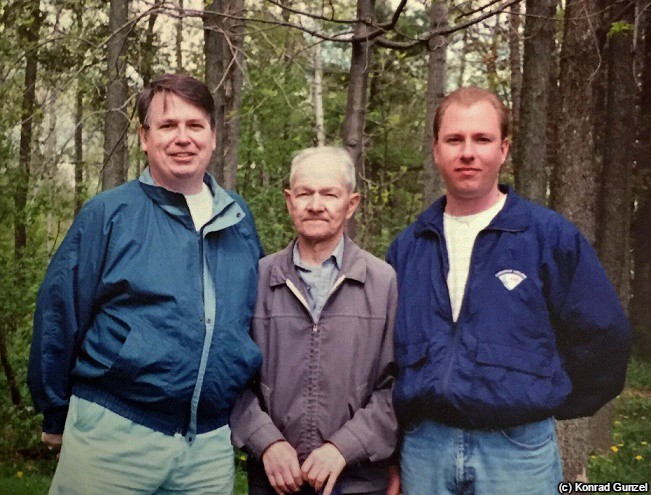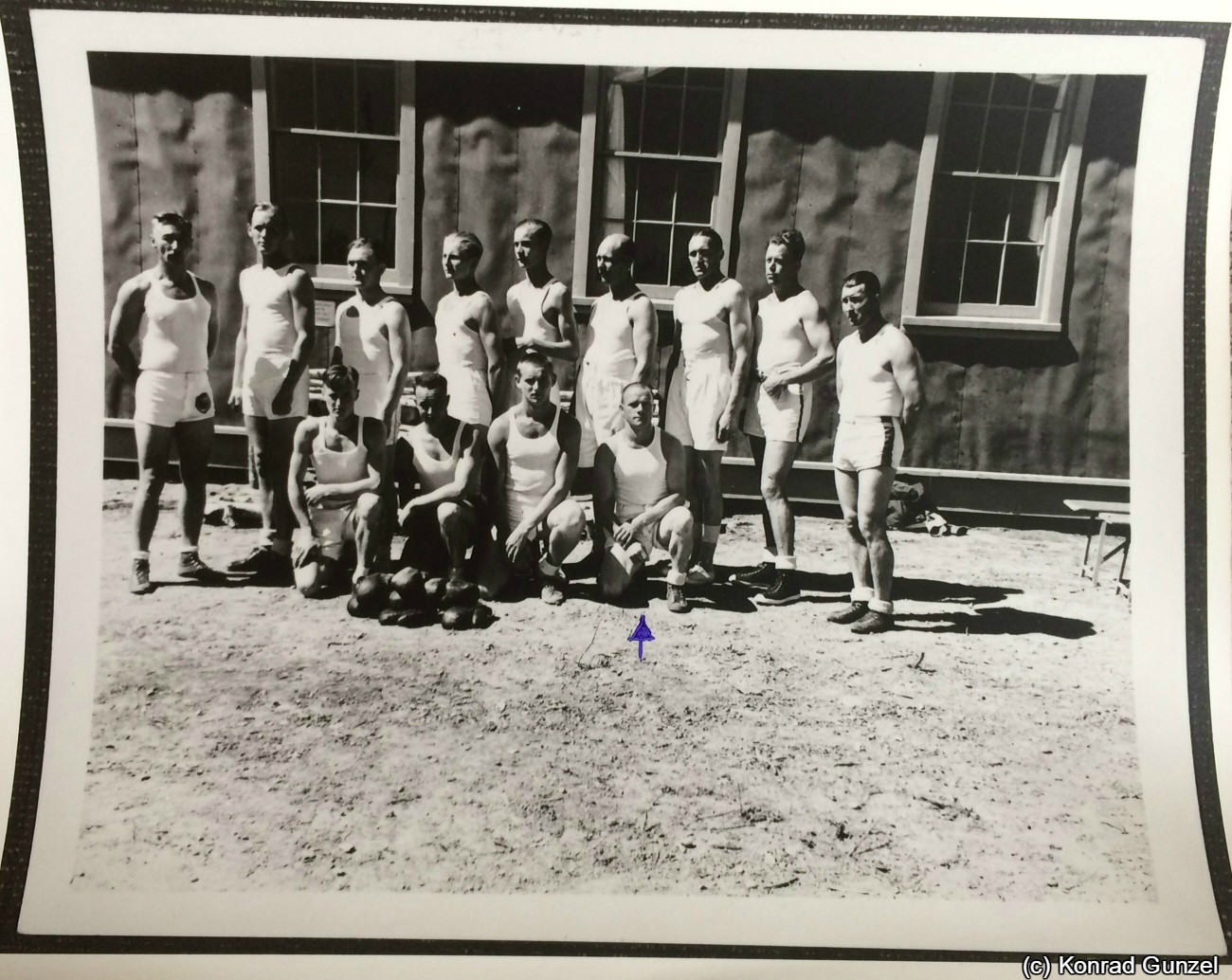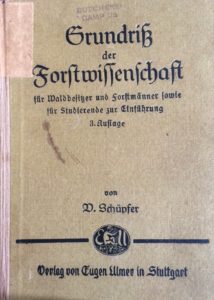Apr 27, 2017 - Maja Hinrichs for SoGerman
Over the next weeks, SoGerman will feature a series of articles highlighting themes and stories from the exhibition “Canada and Germany: Partners from Immigration to Innovation”, which the Embassy of the Federal Republic of Germany is presenting in Ottawa from June 27 – July 26, 2017.

Konrad Gunzel was in elementary school when he found a blue denim jacket with a big red circle on it at home.
“I always wondered about that jacket. But my dad said, ‘you’re too young to understand’,” recalls Konrad. “And then one day he told me: it was his work jacket in the prison war camps.”

Since studying the War of 1812, Konrad has been very interested in history. “My father was a living bridge back to our roots,” he says. “I wanted to get the big picture of my father’s story.”
Konrad’s father, Kurt Gunzel, worked for a long time for the merchant navy of North German Lloyd, whose ships were part of the increasing traffic from Germany across the Atlantic.
During the outbreak of WWII in 1939, 32-year-old Kurt embarked on his final merchant navy voyage through the Panama Canal. His ship, the M.S. Weser, was ordered to head to neutral Costa Rica and await further instructions since the merchant marine was then under the control of the Kriegsmarine (war navy). A few months later, the ship received orders to move to the Mexican port of Manzanillo to pick up supplies, as it was now re-designated a raider and U-Boot resupply ship. While trying to make a run to international waters, the unarmed M.S. Weser was captured by the Royal Canadian navy and the crew became prisoners of war (POWs) in Canada in September 1940.
Kurt remained a POW until March 1946, spending almost the entire period of WWII far away from Europe.
“My father went from coast to coast in Canada and was well treated by the Canadians,” says his son Konrad.
Kurt moved from Alberta to New Brunswick to Ontario. His daily life in the camps was ruled by working to earn some money, learning English in language classes, playing instruments and participating in sport activities.
“My father always kept busy,” says Konrad, “volunteering for paid, 75cents a day, tree cutting work parties on Crown Land, organizing the B70, in Fredericton, New Brunswick, Internment Camp POW soccer league, learning to play guitar, taking English & landscaping classes and also joining the camp boxing team among other things.”

POWs also had the opportunity to further their education in the camps. German school books were sent to Canada by the German Red Cross. Konrad still has his father’s readings about landscape gardening.
“Canada kept in some ways my father’s life,” says Konrad.
And so when Kurt returned to Germany in 1946, he soon packed his suitcase to travel back across the ocean to spend the rest of his life in Canada in 1951 – working as a landscape gardener for 37 years at the famous Guild Inn in Scarborough, Ontario.
“As some former POWs told me in the 80s and 90s, a lot of them saw an opportunity for a good life in Canada after the war in Europe,” says Konrad. “Nobody had any regrets coming back to Canada.”
About Konrad Gunzel:
Konrad is the son of former POW Kurt Gunzel and has researched German-Canadian POW history during WW2. Due to his family’s history, Konrad has spoken with many former POWs and visited many former camps or at least their former locations.
Updated on May 8, 2017.